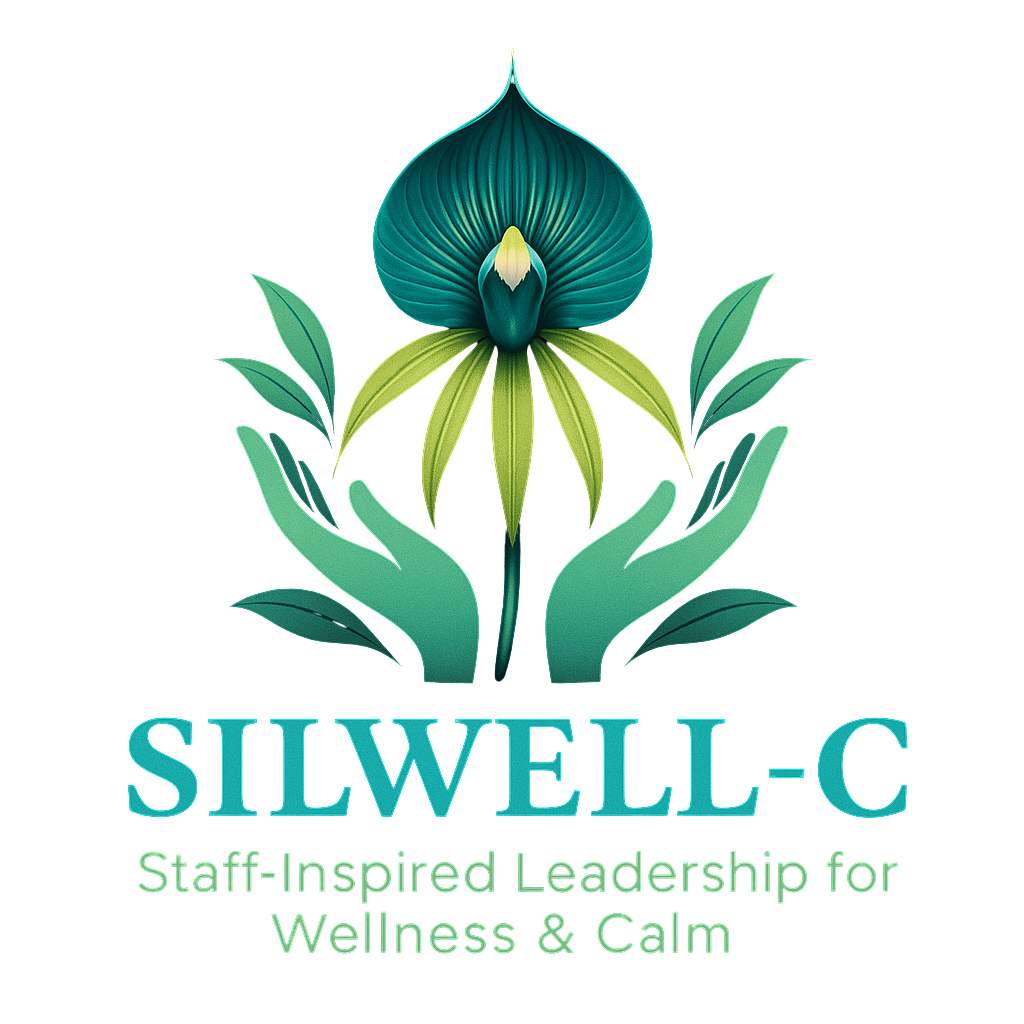The Little Girl Who Carried Grown-Up Burdens
Soft hearts and steady spines carry us through. This mood honors your quiet strength, the power to stay flexible without losing your form. Here you’ll find reflections that help you bend when needed, breathe through challenge, and return stronger, not harder.
Growing up too soon, when survival becomes second nature before childhood even begins.
Content Note: This story includes reflections on childhood responsibility, discipline, and emotional neglect. It may stir personal memories or strong emotions. Please pause or take care of yourself as you read. Healing begins with gentleness, for yourself and your story.
When I first came from Belize to the United States, I was six years old and full of excitement. Everything was new, and I wanted to help. I’m not even sure where that came from, but I remember wanting to clean, to wash dishes, to be useful. I would drag a crate or anything I could find over to the sink so I could reach, and I’d stand there washing dishes, proud that I could do it by myself.
But that innocent excitement didn’t last long. What started as something I enjoyed quickly turned into something I had to do. My older cousin from Jamaica and I were responsible for keeping my aunt’s house spotless. It wasn’t just basic cleaning; it was deep cleaning. We emptied cabinets, re-washed dishes, polished her silver teapots, and wiped every piece of her crystal collection until it shone. She loved her antiques and those fancy chandeliers, and I had to clean them bead by bead with soap and ammonia so they would sparkle when the lights came on.
Cooking was another job. I liked cooking at first, but soon it became something I feared. If I didn’t make a dish exactly how she showed me, I was punished. And my aunt loved to entertain. Thanksgiving, Christmas, Fourth of July, and Labor Day, her house was the house for family gatherings. I was the one who prepared for it all. I washed, set up, cooked, and cleaned before and after. By the time guests arrived, I was too tired to enjoy anything. The laughter and music meant nothing to me because I was exhausted.
Her house was full of people but had no warmth. She had two dogs I was terrified of, yet I had to feed them and clean the yard where they messed. She loved plants, too; the porch was covered with them. They were my responsibility as well. Once, she even called me out of school and whipped me because I forgot to water them.
As I got older, resentment started building up inside me. Quietly, I made promises to myself:
I will never buy a chandelier.
I will never own silver teapots.
I will never have pets.
I will never live a life that feels like servitude.
And then came the words that I’ll never forget. She looked at me and said,
“I’m not worried about you when I die because I know you can cook and clean. You’ll be somebody’s maid.”
That sentence stayed with me for years. It cut deep. And in my mind, it became the thing I had to fight against. After she died, I worked like I had something to prove, not to her, but to myself. I made sure I went to school. I earned my bachelor’s degree, then my master’s, and finally my doctorate. Every degree was proof that I was not, and would never be, anyone’s maid.
What I didn’t realize was that the little girl inside me never stopped working. She never got to rest. She learned early that being “good” meant being responsible, even if it cost her peace. And that carried into my adulthood. Those years made me capable and strong, enabling me to lead, organize, and manage anything, but they also made me overly responsible. I became someone who always had to have things in order. I learned to control instead of relax, to do instead of be.
It took me a long time to learn how to let someone take care of me. I had spent my whole life taking care of everyone else. For so long, survival meant doing it all myself.
“I worked my whole life to prove to someone who was already gone that I was not a maid ,only to realize I never had to prove anything at all.”
Strength and resilience can look like confidence and success, but sometimes they’re just the armor we put on to protect ourselves. Being forced to grow up too soon teaches you responsibility, yes, but it also teaches fear. Fear of slowing down. Fear of resting. Fear of trusting someone else to hold what you’ve always had to carry alone.
Healing for me has meant honoring that little girl, the one who carried too much. It’s letting her know she can rest now. She did her part. She doesn’t have to prove anything anymore. True resilience isn’t about fighting to be strong; it’s about finding peace in being soft again.
Where story meets science, strength grows through understanding.
Hooper, L. M., Doehler, K., Wallace, S. A., & Hannah, N. J. (2023). Parentification Vulnerability, Reactivity, Resilience, and Thriving. Frontiers in Psychology.
Read full article on PubMed Central
→ Explores how children who take on adult roles develop resilience, the emotional costs of early responsibility, and what factors help them thrive later in life.
Racicka, E., Lisikiewicz, M., & Piotrowska, P. J. (2021). The Relations Among Types of Parentification, School Achievement, and Life Satisfaction: A Retrospective Study. Frontiers in Psychology.
Read full article on Frontiers in Psychology
→ Examines how early role reversal affects achievement, emotional well-being, and long-term life satisfaction — highlighting both harm and hidden strength.

